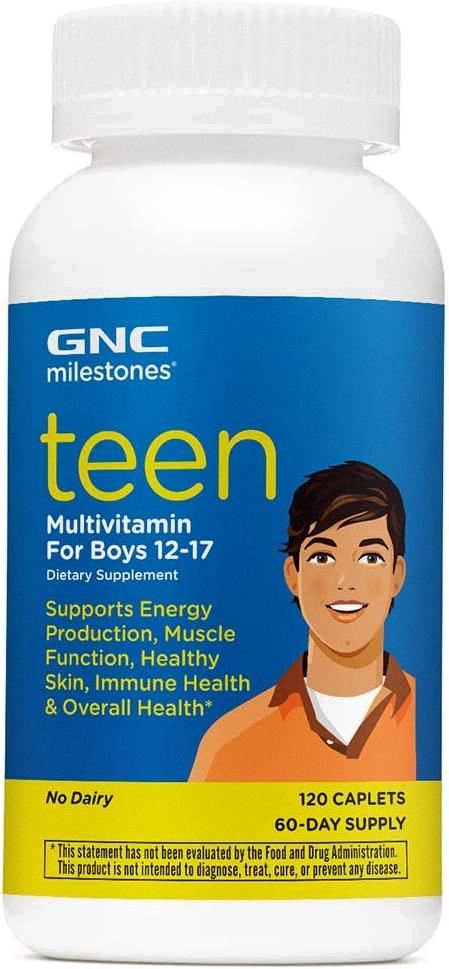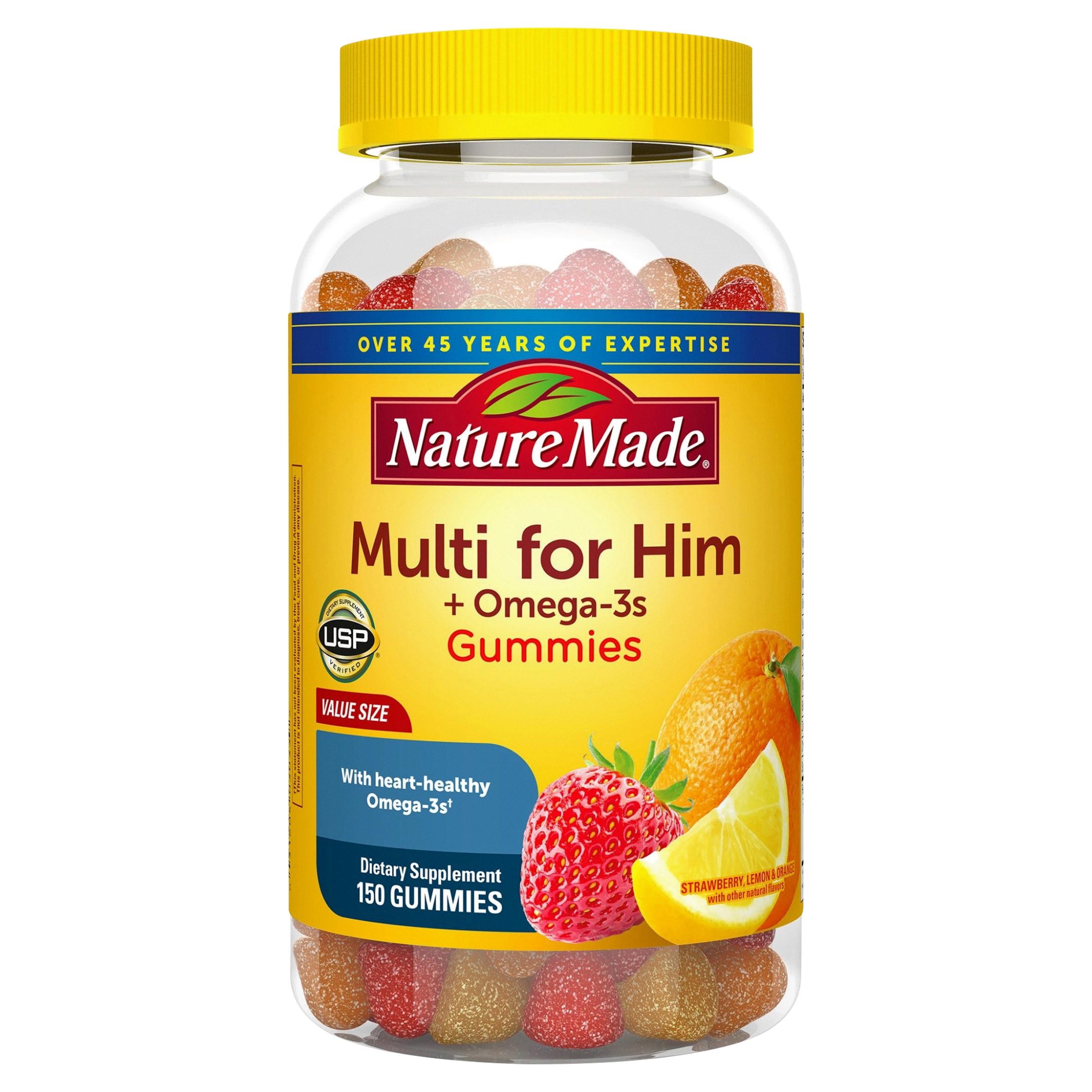Are Multivitamins FDA Approved?
If you’re taking multivitamins, you may be wondering if they’re FDA approved. The answer is that multivitamins are regulated by the FDA as food, not as drugs. This means that the FDA does not approve them for safety and effectiveness before they hit the market.
That said, many components of multivitamins have strong biological effects and could conflict with a medicine you are taking or a medical condition you may have. For this reason, it’s important to consult your doctor or pharmacist bfore taking any kind of supplement, including multivitamins.
The good news is that dietary supplements like multivitamins must meet certain standards set by the FDA to ensure their safety and quality. Companies that make dietary supplements must follow Good Manufacturing Practices (GMP) and must test their products for purity and potency. They also must label their products accurately, so consumers know exactly what they’re getting in each pill or capsule.
In addition to checking with your doctor or pharmacist before taking any supplement, it’s also important to look for reputable brands when shopping for multivitamins. This means looking for products made by companies with a history of making safe, high-quality products that comply with GMP regulations. It’s also helpful to read customer reviews on websites like Amazon to get an idea of how well these products work for other people who have tried them.
Ultimately, it’s important to remember that even though multivitamins aren’t technically “FDA approved,” there are still standards in place to help ensure their safety and quality. By consulting your doctor or pharmacist befre taking any kind of supplement and choosing reputable brands when shopping for multivitamins, you can help make sure that you’re getting the most out of your vitamins without putting yourself at risk of experiencing negative side effects or interactions with other medications or conditions.
Are Multivitamins Regulated by the FDA?
Yes, multivitamins are regulated by the U.S. Food and Drug Administration (FDA). Dietary supplements, including multivitamins, must meet FDA standards for quality and safety before they can be sold in the United States. The FDA closely monitors the production process of dietary supplements to make sure that manufacturers are producing a safe product with accurate labeling and claims on their labels. Manufacturers must also list all ingredients on their labels, so that consumers know exactly what they are taking. Furthermore, the FDA has issued guidance documents to help manufacturers comply with federal regulations for manufacturing dietary supplements.

Source: en.wikipedia.org
Why Vitamins Are Not FDA Approved
Vitamins are not FDA approved because the Food and Drug Administration (FDA) does not have the authority to review or approve dietary supplements for safety before they reach consumers. Unlike drugs that must be proven safe and effective for their intended use before they can be marketed, there are no provisions in the law that allow the FDA to evaluate dietary supplements in the same way. Therefore, it is important for consumers to be aware of potential risks associated with taking dietary supplements and to consult with a healthcare provider when considering using any such products.
Are Vitamins FDA Approved?
Vitamins are not approved by the FDA in the same way that prescription and over-the-counter (OTC) drugs are. Vitamins, minerals, and other dietary supplements are regulated by the U.S. Food and Drug Administration (FDA) under the Dietary Supplement Health and Education Act of 1994 (DSHEA). The DSHEA requires dietary supplement products to be labeled as such, with a statement of identity, a list of ingredients, recommended daily or suggested serving size, and an expiration date or period of time for which the product is expected to remain stable.
Manufacturers of dietary supplements must comply with Good Manufacturing Practices (GMPs), which include testing products for identity and purity. However, unlike drug manufacturers, supplement makers do not need to get FDA approval before producing or selling their products.
The FDA does not approve dietary supplements before they reach consumers; however, it does monitor safety reports from consumers and industry after products hit the market. If unsafe levels of a paricular supplement ingredient are found in a product, the FDA can take action against it.
In addition to following GMPs, manufacturers must make sure their labels are truthful in what they say about the product’s health benefits. The FDA also reviews advertising for dietary supplements if there is reason to believe it includes false or misleading claims about its effects or ingredients that may cause harm.
To ensure you’re purchasing vitamins that meet quality standards set by the FDA and other regulatory agencies, look for seals on the label from organizations like NSF International or United States Pharmacopeia (USP). These organizations test supplements for identity and safety before giving them an official seal of approval.
Do Doctors Recommend Taking Vitamins?
Yes, doctors do recommend vitamins and minerals for some patients. While most people can get the necessary vitamins and minerals from a healthy diet, there are certain medical conditions, such as anemia or osteoporosis, that may require additional supplementation. Additionally, some vitamins and minerals, such as folic acid, have been shown to reduce the risk of certain birth defects and should be taen by pregnant women. Some older adults may also need additional supplementation due to an increased risk of nutrient deficiencies. Before taking any type of vitamin or mineral supplement, it is important to consult with your doctor to ensure it is safe for you and to discuss the proper dosage.
Do Dietary Supplements Require FDA Approval?
No, dietary supplements do not need FDA approval before they are marketed. Under the Dietary Supplement Health and Education Act of 1994 (DSHEA), dietary supplement manufacturers are responsible for ensuring that their products are safe and appropriately labeled, but do not need to receive premarket approval from the FDA. In many cases, firms can lawfully introduce dietary supplements to the market without even notifying FDA. However, once a product is on the market, it does become subject to FDA enforcement provisions if there are problems with its safety or labeling.

Source: amazon.com
FDA Regulations on Multivitamins
The U.S. Food and Drug Administration (FDA) does not regulate dietary supplements, including multivitamins, in the same way it regulates medicines. The FDA does not approve dietary supplements as safe or effective for the purposes for which they are claimed to be used. However, the FDA does take action when necessary to protect consumers from products that may be dangerous or otherwise misleading.
The FDA monitors multivitamins and other dietary supplements to ensure they do not contain ingredients that could be unsafe or unapproved drugs. The agency also requires that manufacturers of dietary supplements follow good manufacturing practices to ensure the quality and purity of their products. The FDA also provides resources for consumers to help them make informed decisions about which dietary supplements are right for them.
Are Multivitamins Safe to Consume?
Multivitamins are generally considered safe, as long as they are taken in recommended doses. However, research has found that multivitamins do not reduce the risk of heart disease, cancer, cognitive decline, or an early death. Further studies have indicated that high doses of vitamin E and beta-carotene supplements may be harmful. It is important to speak with a doctor before taking any multivitamin supplement to ensure safety.
Regulating Vitamins: Is the FDA Involved?
The FDA is not currently trying to regulate vitamins, as vitamins are considered dietary supplements and are therefore regulated by the FDA under a different set of regulations than those covering conventional foods and drug products. The FDA has established certain standards for these dietary supplements, such as product labeling requirements and good manufacturing practices, in order to ensure that consumers have access to safe and effective products. Additionally, the FDA monitors dietary supplement manufacturers to make sure that they are complying with these standards.
Are FDA Approved Vitamins Available?
No, not all vitamins are FDA approved. The FDA does not approve dietary supplements such as vitamins, minerals, herbs, and other botanicals before they can be sold. However, the FDA does have regulations in place for dietary supplement companies to ensure their products are safe before marketing them. Companies must comply with labeling and quality requirements such as good manufacturing practices. The FDA also inspects facilities for compliance and monitors reports of any known adverse events relted to dietary supplements.

Source: walmart.com
Confirming FDA Approval of a Product
Confirming that a product is FDA approved can be done by searching Drugs @ FDA, the searchable database of FDA-approved human drugs and therapeutic biologic products. To use the database, simply enter the drug name, active ingredient, or application (NDA, ANDA, or BLA) number in the search bar. If the product is listed in Drugs @ FDA, it is FDA approved. If not, it may be an unapproved new drug for which there is no FDA approval. It is important to note that some drugs may be labeled as “FDA approved” but do not appear in the Drugs @ FDA database. These drugs have not been evaluated by the FDA and should not be used witout consulting a healthcare provider first.
The Risks of Taking Non-FDA Approved Products
No, it is not OK to take something that has not been approved by the FDA. Medications that have never gone through the FDA approval process have not been tested for safety or efficacy. This means that we don’t know enough about these drugs to know if they are safe or effective. Taking an unapproved medication could lead to serious side effects, drug interactions, and other medical complications that may be dangerous. It is always best to talk with your doctor before taking any medications, including thse not approved by the FDA.
Conclusion
In conclusion, multivitamins are regulated by the FDA as food and not as drugs. While there is no requirement for FDA to approve dietary supplements for safety before they reach the consumer, it is important to check with your doctor or pharmacist before taking any multivitamins or other dietary supplements. Drugs@FDA can help you find generic equivalents and other possible appropriate alternatives to your approved products as well as the product’s drug label. By following these guidelines, you can ensure that you are taking the safest and most effective multivitamin for your needs.
